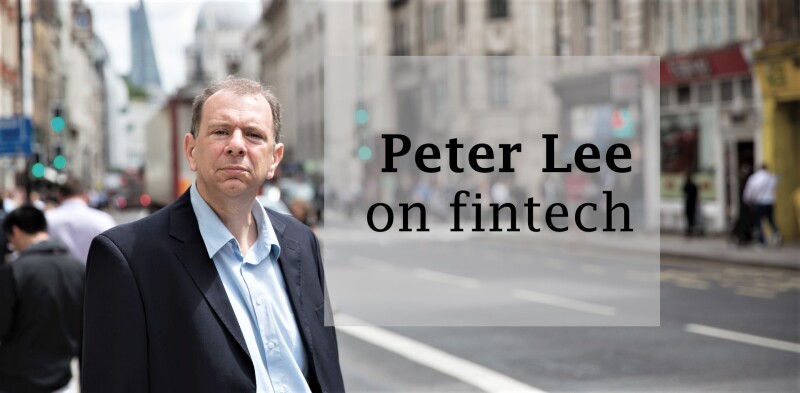
There were so many secretaries, attorneys, deputy attorneys and heads of regulatory agencies on stage at the US Department of Justice (DoJ) on Tuesday evening that they had to shuffle awkwardly between all the puffed-out chests to take their turn at the microphone.
They had come to boast about the guilty pleas and large financial penalties extracted from Binance, the world’s largest crypto exchange, and its former chief executive, Changpeng Zhao.
Zhao had pleaded guilty to failing to maintain an effective anti-money laundering (AML) programme at the exchange he founded and ran, and had stepped down. Binance had pleaded guilty to violations of the bank secrecy act and failure to register as a money transmitting business.
The message from each of the department speakers was the same: if you operate in the US and serve US customers, you must obey US laws or you will pay the penalty.
Binance may well have paid a record financial fine for its crimes, but the mere fact that it could do so shows just how much profit it made from offering a platform on which terrorist organizations such as Hamas, Al-Qaeda and Isis could easily move money, alongside distributors of child pornography, sanctioned individuals from Russia to Iran, and other criminals.
The company’s business model was built on avoiding US regulatory oversight. It set up binance.us, a US affiliate, to draw regulators’ attention away from the high volume of US businesses and individuals still trading on binance.com.
It encouraged big users to hide their locations behind virtual private networks. It undertook no know-your-customer (KYC) check on users withdrawing less than two bitcoin per day.
At its height, two bitcoin equated to $130,000.
Agreed facts
The US Department of Treasury Financial Crimes Enforcement Network (FinCEN) consent order runs to 92 pages and lays out the agreed facts.
These include that Binance received reports from its third-party service provider in April 2019 identifying Hamas-associated transactions but filed no suspicious activity reports (SARs) with FinCEN. Instead, Binance’s former chief compliance officer attempted to influence how its third-party service provider reported on Binance’s conduct.
As Attorney General Merrick Garland trumpeted the case, the US government was still negotiating for the possible release of hostages seized by Hamas on October 7, the day the group murdered 1,400 Israeli men women and children. That provoked a war that has since claimed the lives of many thousands more Palestinian innocents.
Let’s remember that when terrorist money moves, it eventually buys bombs and guns.
Why haven’t the US authorities closed Binance down? That would have sent a message
The consent order mentions Binance processing several million dollars for a crypto exchange that allowed its users to “cash out” at a sanctioned Russian bank and that had substantial exposure to the Russian dark-net market, Hydra Market. Crypto money laundering site BestMixer also took advantage of Binance’s no-KYC policy.
Garland pointed out that US authorities had taken over both Hydra Market and BestMixer and closed them down.
Why haven’t the US authorities closed Binance down? That would have sent a message.
Could it be that they are incapable of doing so? Or have the DoJ and the Treasury moved into the business of taking a cut out of the fat margins of errant crypto exchanges, perhaps to make a modest dent in ballooning annual US budget deficits?
A challenging chapter
There were no press conferences at Binance and not much public apology either. The crypto crowd does its talking on X. It wants to portray the settlement as a positive.
“We’re pleased to share we’ve reached resolution with several US agencies related to their investigations,” Binance X’d on Tuesday evening. “This allows us to turn the page on a challenging yet transformative chapter of learning that has helped us become stronger, safer, and an even more secure platform.”
It might have been an expensive piece of marketing, but paying $4.3 billion and then drawing up a list of three potential candidates to be its FinCEN-approved compliance monitor allows Binance now to present itself as some kind of regulated and approved entity.
In the end, that might bring it even more business.
Given that most of what is traded on Binance is garbage, this is not a good outcome for anyone, other than those seeking to make money from the gullible and greedy.
Obviously, that covers just about everyone in crypto. Does it also now include the US government?
